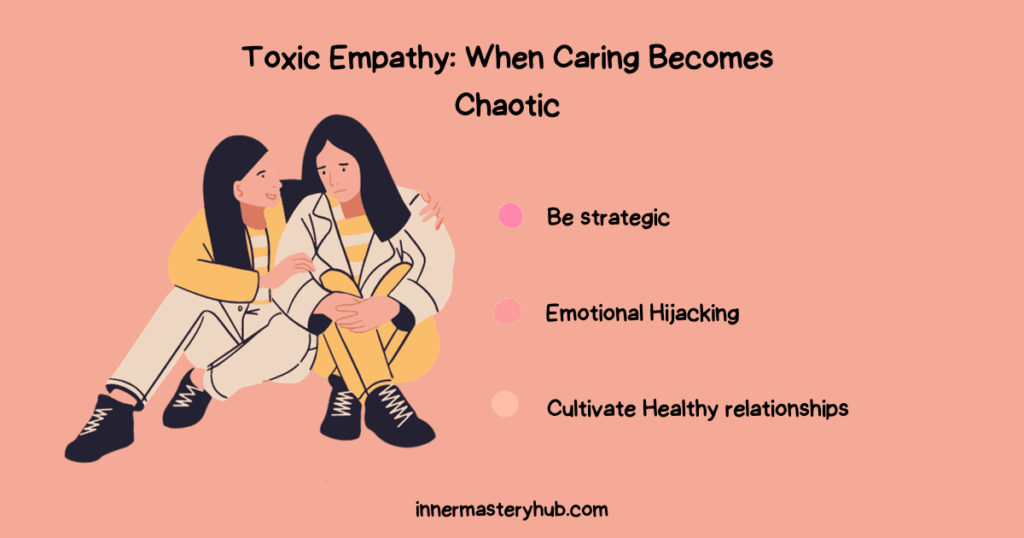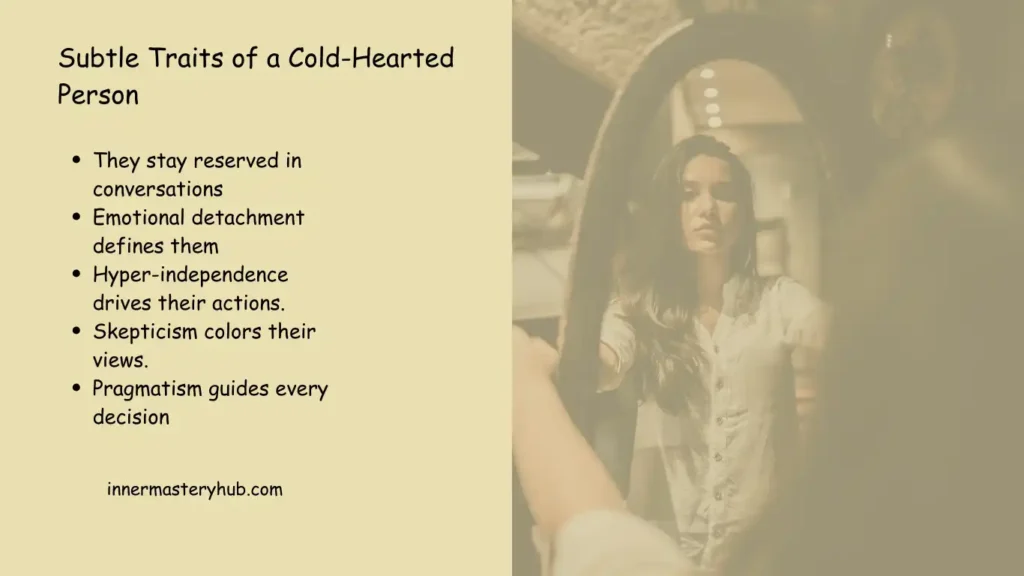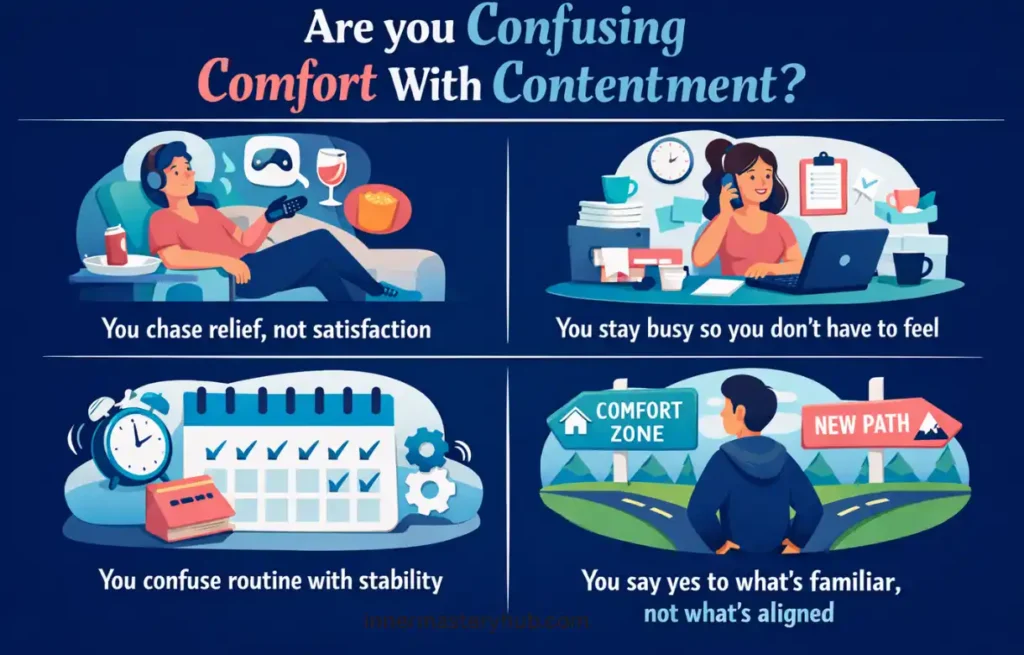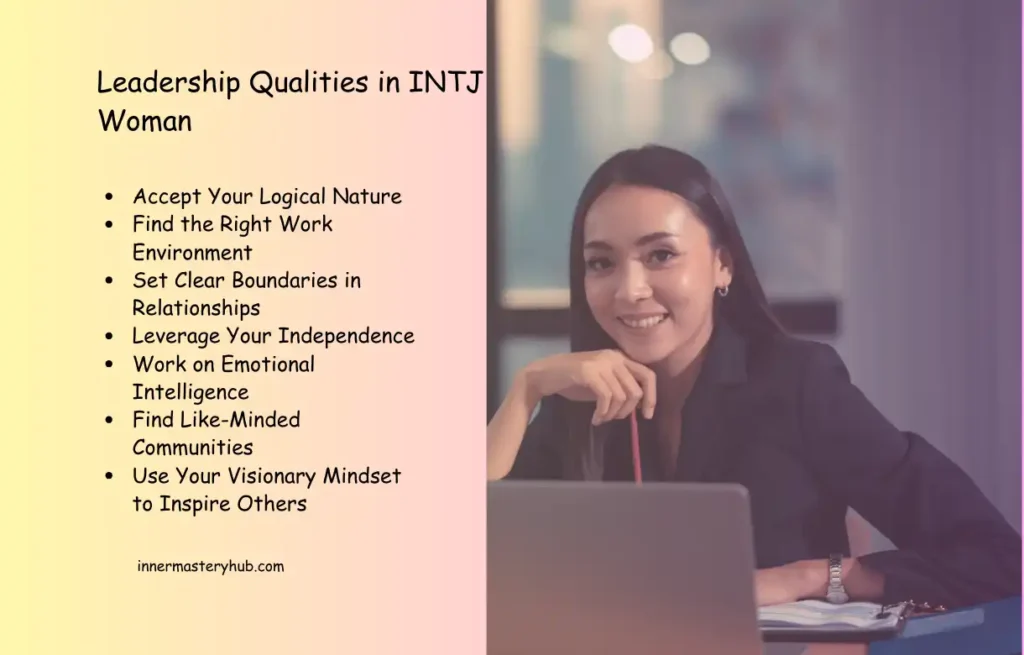Toxic Empathy: When Caring Becomes Chaotic

Everyone appreciates being able to relate to people and share in their pleasures and sorrows. This empathy reserve, however, can occasionally overflow, leaving us emotionally tired and worn out. The bad side of compassion, my friends, is toxic empathy. It’s not only listening with empathy; it’s absorbing another person’s pain and combining your feelings with theirs.
Toxic empathy can be a blessing in disguise, as it makes us more compassionate beings. But if unchecked, it can lead to exhaustion, self-neglect, and even dangerous codependency. In order to restore emotional control and promote healthy relationships, we will examine the nuances of toxic empathy in this blog, including its warning signs, possible risks, and practical solutions.
What’s the difference between sympathy and empathy?
While compassion is the capacity to understand someone else’s point of view without being personally affected by it, empathy is more closely related to the phrase “being in another’s shoes” or experiencing the emotions of the person you are empathising with.
The three elements of empathy are empathic, emotional, and cognitive. We experience empathy through the thoughts, feelings, and bodily actions of others, to put it in simpler terms.
What is Toxic Empathy?
To put it simply, someone who identifies too deeply with other people’s emotions to the point of harming their own health is a toxic empath. It’s about soaking up their feelings and letting them overwhelm your own, which goes beyond simply sharing sympathy or offering assistance. This can lead to physical health problems, emotional exhaustion, anxiety, and burnout.
Think about it: Imagine a sunny day as you walk down the street. Suddenly, as you pass by, someone starts crying uncontrollably. Giving them a tissue and feeling sad for a minute could be a typical gesture of empathy. However, when you are experiencing poisonous empathy, you could feel as if your spirits are swiftly declining and that you are drowning in their grief.
Some signs you may be experiencing toxic empathy
Signs of Toxic Empathy
- Feeling exhausted after socialising, even with people you love.
- Experiencing bodily side effects after absorbing challenging emotions, such as headaches, nausea, or exhaustion.
- Emotional stress is causing difficulty concentrating on duties.
- Seeing that you need more time alone than normal to refuel emotionally.
- Embracing every opportunity, even if it saps your energy or causes pain.
- Having the sense that you must solve other people’s issues, even if they haven’t sought assistance.
- Associated with the Meaning, Symptoms, Impact, and Recovery of Childhood Emotional Neglect
Managing toxic empathy
If any of the following indications apply, use empathic protection measures to deal with toxic empathy before it spreads. Protect yourself from poisonous empathy. Even if you haven’t observed healthy empathy, be proactive so you have a plan.

Cultivate Healthy relationships
Clear limits are essential for healthy relationships and avoiding toxic empathy. Openly set boundaries and expectations to respect others’ needs. Spend time on self-care and relaxing hobbies. To provide help without feeling overwhelmed, it’s essential to preserve your emotional regulation and mental health.
Say no assertively when necessary. It’s not selfish, but a good method to conserve energy and avoid burnout. Pay attention to your sentiments and recognise when you absorb others’ emotions too much. Mindfulness helps you stay present and emotionally detached when needed.
Promote open communication in relationships. Encourage honesty and allow both sides to share their concerns. Determine which relationships enrich your life and prioritise them. If a relationship is exhausting or unhealthy, consider setting limits or reconsidering it.
Emotional Hijacking
Emotional hijacking is the process by which your emotions and feelings are subjugated to those of another individual. Emotional hijacking during a releasing session can occur to individuals with a high empathic quotient and a tendency toward toxic empathy. They can mimic and absorb one another’s annoyances.
Develop empathy without absorbing others’ emotions. Recognise others’ feelings without taking them personally and maintain emotional distance. To protect your mental health, set boundaries and discuss them with others.
In emotional situations, step back before responding. Take the time to process your feelings and consider others’ opinions. Impulses can lead to emotional hijacking, so stop and pause.
Be strategic
First, recognise your emotional triggers and vulnerabilities. This knowledge will help you handle difficult situations by understanding your emotions. Engage in active listening without taking on the emotions of others. Understand their perspectives without adopting their feelings. Supporting your mental and emotional wellness without compromising it
Practice cognitive empathy, which is when a person understands and shares another person’s thoughts, opinions, and feelings without really experiencing or having those same feelings. It requires perspective-taking and intellectual processing.
Balancing compassion and self-preservation is key to strategic empathy and avoiding toxic empathy. First, recognise your emotional triggers and vulnerabilities. This knowledge will help you handle difficult situations by understanding your emotions.
FAQs about Toxic Empathy
How do you treat toxic empathy?
Set healthy boundaries, prioritise self-care, separate emotionally, and seek support to combat toxic empathy. Healthy relationships must strike to balance between compassion and self-preservation.
What is hyper-empathy syndrome?
Although not officially recognised in psychology, hyper-empathy syndrome refers to an exceptionally compassionate person. His sensitivity enables him to empathise with the feelings of others. Emotional weariness may become toxic from people’s strong absorption and experience of others’ emotions.
Although being empathic is essential, becoming overly absorbed can be too much. Setting limits, taking care of oneself, and getting help from a professional are examples of coping mechanisms.
What is toxic empathy?
A harmful behaviour known as toxic empathy is the ability to excessively absorb emotions from others, which can undermine one’s well-being and cause emotional exhaustion.
How do you overcome toxic empathy?
What personality disorder lacks empathy?
Individuals with Narcissistic Personality Disorder (NPD) often lack empathy. They may struggle to understand or share the feelings of others, prioritising their own needs and desires.
How do you treat hyper-empathy syndrome?
To combat the hyper-empathy condition, set up appropriate limits, take care of yourself, and learn how to control your emotions. Seeking therapy can help manage strong sympathetic emotions by offering direction and support.
What causes toxic empathy?
Low self-esteem, unresolved emotional problems, or a lack of personal boundaries can all lead to struggling with toxic empathy. Emotional weariness and weakened well-being might result from taking on too much of other people’s feelings.
What is empathy deficit disorder?
The name “Empathy Deficit Disorder” is not accepted in clinical practice. It alludes to a perceived lack of empathy in particular people or social situations, such as narcissists.
Emotional triggers for empaths?
Emotional triggers might come from overpowering stimuli, unfavourable surroundings, or coming into contact with the intense emotions of others. Setting limits and taking care of oneself will help manage these triggers efficiently.
.






